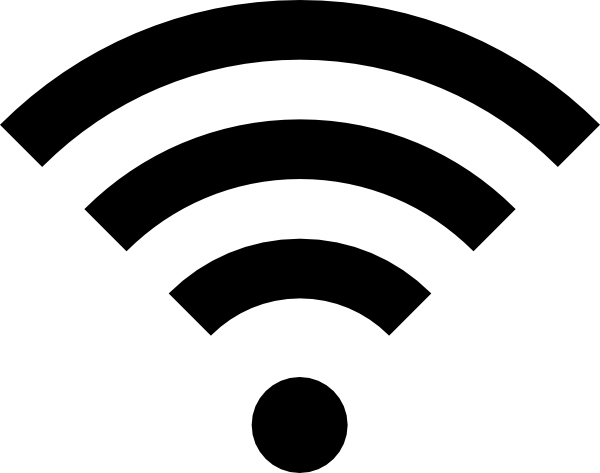We’ve all heard it, or something similar:
“You have better things to do with your time. Facebook’s sucking your brains out! Get off your computer.” Most adults seem to agree — spending excessive amounts of time on the computer is, if not actively harmful, at least a waste of time. They’ll say that it’s “too passive” and that we need to go spend time with our friends. But they are missing out on some of the benefits that social media have given our society, and to us teens in particular, who are feeling backlash from parents and teachers about our Internet usage.
The assumption that we do nothing but gossip, bully and laze about online is the source of a lot of this antagonism. People argue that social media sites like Twitter, Tumblr and Facebook generate a disconnect from real people and an apathetic view of human emotions and the world in general. However, this couldn’t be less true. The Internet and social media have more thoroughly connected different parts of the world to each other today than at any time in the past.
Far from keeping us from our friends, social media sites draw us closer together. They allow us to make friends based on shared interests, not shared geography. We can write a story with someone in England or get in an argument over which Star Trek movie is the least scientifically accurate with someone in Brazil. Sites like Reddit and Instagram don’t divide us by geography — they tie us together regardless of culture. We are learning more about other people and their cultures than we ever have before, all with the help of the Internet.
We aren’t only learning about different cultures — we’re learning how to talk to people from other cultures respectfully. Learning about different places around the world from people who actually live in those places gives us a sense of reality and of closeness that a textbook can’t. Learning about people face-to-face (well, profile-pic-to-profile-pic) instead of from a secondary source that doesn’t even include members of the demographic in question can really help teach us about different people and places.
In addition to being better-connected with people, we are more aware of world events than we have ever been before. News saturates almost every corner of the digital world. Links to news articles from many different news sources with multiple viewpoints circulate from Twitter to Tumblr to Facebook, along with analyses and arguments about the articles, followed by counter-arguments, all with sources to back them up.
Though there are those places filled with extremists who won’t listen to anyone else, there are also a number of places where we can speak our minds and get fair feedback. We have been given a unique opportunity to express ourselves and our views on almost anything and have rational discussions about our opinions, allowing us to see other viewpoints or clearly express our own. We can learn how to argue effectively while still keeping a cool head and how to find good sources that back up our claims, all while gaining a sense of independence and the ability to form our own opinions. Forum sites in particular can offer a good place for us to talk about both real-world issues like Obamacare and online issues like Net Neutrality and think up ways to fix them. This online co-operation can help us learn valuable collaboration skills, enabling us to work better with other people both online and in the real world.
The Internet can also give us considerable emotional support and comfort. We can find people who have gone through the same things we’re going through and struggled with the same things we’re struggling with.
Online communities can provide an unprecedented amount of emotional support to people who desperately need it and gives us a chance to find answers to questions that we wouldn’t feel comfortable asking in real life.
Far from disconnecting the newer generations, social media and the Internet have tied us closer together. There are some bad parts of the Internet, but there are also some bad parts of life. The Internet is just one more form of communication. People protest against social media, but people protest against anything new and relatively unknown. New things are almost universally protested and fought against, and that’s the case here. Social media don’t separate us — they keep us informed and connected with the rest of the world.




